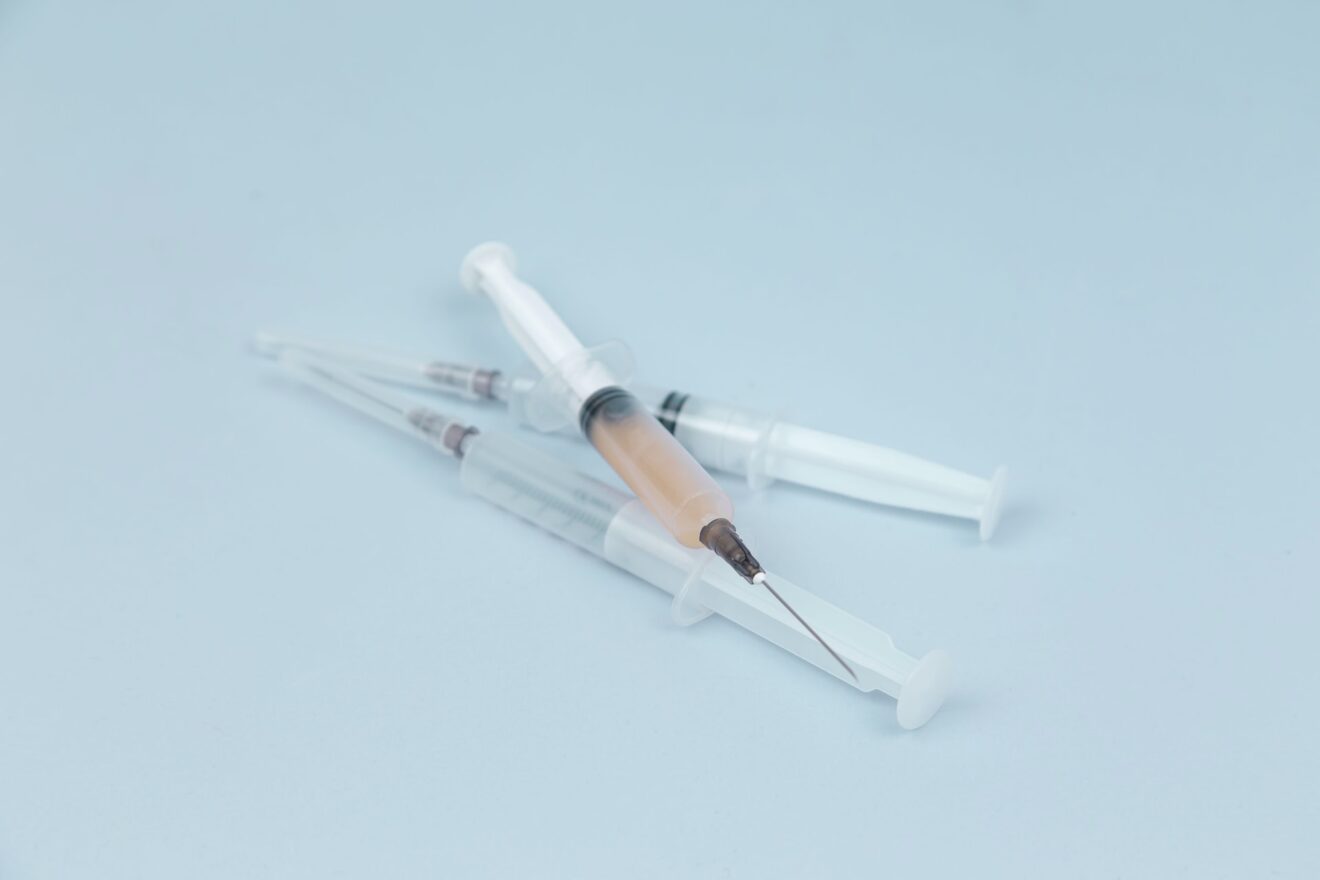The Society of Nuclear Medicine and Molecular Imaging is deeply concerned that inaccurate information that is being circulated regarding radiopharmaceutical extravasations might raise questions among patients and referring providers regarding the safety of nuclear medicine procedures.
Clinically significant radiopharmaceutical extravasations are, in fact, extremely rare. This is in large part because the nuclear medicine physicians and technologists who administer these drugs are well-trained in the best practices regarding radiopharmaceutical administration and also because the Society of Nuclear Medicine and Molecular Imaging (SNMMI), along with other medical societies, provide extensive education and training to the professionals who perform these scans. Patient safety is the SNMMI’s number one priority, and the SNMMI Quality and Safety Committee focuses on continuous process improvement to ensure that it remains the number one priority of the Society and its members.
Every year approximately 20 million nuclear medicine procedures are performed in the U.S. for the diagnosis or treatment of cancers and other diseases. A systematic review published in the European Journal of Nuclear Medicine and Molecular Imaging in 2017 concluded that of more than 3,000 reported cases of extravasation of diagnostic radiopharmaceuticals over more than 20 years, only 3 cases resulted in patient symptoms that required follow-up. The study concluded that there is no evidence that extravasations of diagnostic radiopharmaceuticals are a patient safety concern—and that when extravasations do occur, they are best managed by the attending nuclear medicine physician, who has the expertise to care for the patient on a personalized and individual basis.
Diagnostic radiopharmaceuticals are typically administered via injection of a small volume of the drug, and any miniscule amount of the drug that leaks out of the vein during the injection process is rapidly absorbed by the body, as is the case with other drugs that are administered intravenously.
The Nuclear Regulatory Commission (NRC) already requires reporting “any event resulting from intervention of a patient or human research subject in which the administration of byproduct material or radiation from byproduct material results or will result in unintended permanent functional damage to an organ or a physiological system, as determined by a physician.” SNMMI has been working with the American College of Radiology, the American Society for Radiation Oncology, and the American Association of Physicists in Medicine to educate stakeholders and regulators on this issue.
SNMMI encourages the Commission to follow the recommendation of the NRC ACMUI regarding nuclear medicine extravasation so that any extravasation resulting in patient harm, based on medical assessment, would be reportable without requiring licensees to use devices that have not been validated in clinical trials or use proprietary software and non-standard dosimetry methods. Following the reporting recommendation of the ACMUI will ensure patient access to essential nuclear medicine procedures while also ensuring patient safety.
